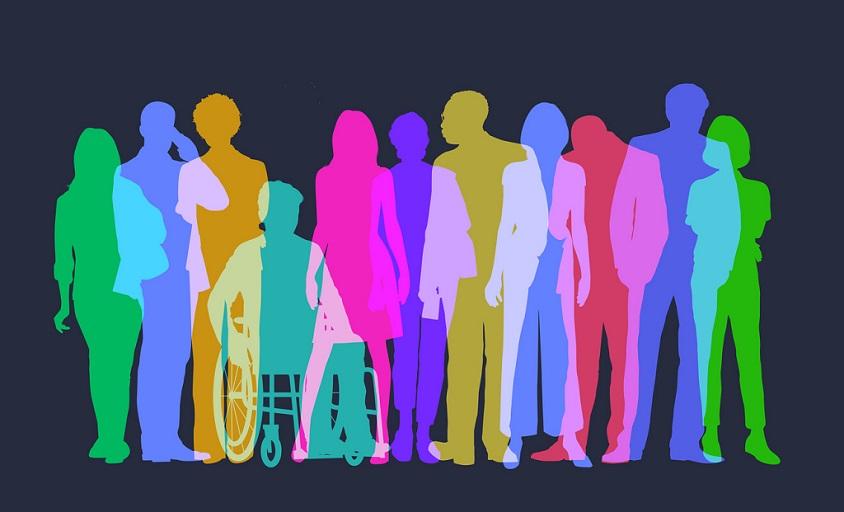A Misused Narrative: The Real Two-Tiered Justice System
There’s been a disquieting narrative circulating in our political sphere. It’s the claim that we live under a two-tiered justice system, but how it is framed isn’t accurate. This talking point, oft-repeated by Republican politicians and pundits, uses the perceived differences between the legal experiences of former President Donald Trump and the son of current President Joe Biden as evidence of this bifurcated justice. However, this perspective fundamentally misconstrues our justice system’s reality.
Make no mistake, Trump and Biden are not emblematic of two different justice systems but rather two facets of the same coin. Both belong to an upper echelon that inherently receives preferential treatment from the justice system, irrespective of their political party. To argue otherwise is a grotesque misrepresentation and, more disturbingly, a distraction from a grave issue that truly divides America’s justice system: economic disparity.
The truth is that America does possess a two-tiered justice system, but it’s not the one often parroted on news networks. It’s a system starkly divided along economic lines. On one side, we have those occupying the lower rungs of the economic ladder who find themselves relentlessly railroaded through a justice system that seems hell-bent on their punishment, regardless of the proportionality of their crimes. Disturbingly, around 80% of all incarcerated persons in the U.S. hail from these low-income communities.
Public defenders, overloaded and underfunded, are all that stand between these individuals and the mighty hammer of justice. Far too often, they are forced into plea deals that offer them little to no benefit, resulting in harsher sentences, wrongful convictions, and years or even decades of their lives lost to the prison system. Moreover, once sentenced, many are incarcerated in facilities hundreds of miles from their home and family.
Meanwhile, on the other side, wealthier Americans navigate the justice system with relative ease, even when accused of heinous crimes, as we saw with Brock Turner’s 6-month sentence for rape. High-priced lawyers, connections, and top-tier investigators provide them with a safety net that poorer defendants can only dream of. This disparity has been starkly illuminated in recent cases, such as that of disgraced Theranos founder Elizabeth Holmes, where the affluent enjoyed pre-trial freedom and the comfort of home while preparing their defense. In contrast, those with limited financial resources often languish in jail for days, weeks, months, or even years until their cases are resolved.
In my work with incarcerated women, the devastating effects of this economic disparity are glaring. These individuals have spent decades in prison, striving to grow, learn, and transform amidst conditions that often do more to breed recidivism than rehabilitation. Yet, when they seek parole, many are denied, as if their efforts to change count for nothing against the unforgiving calculus of the system. It’s not just their lives on the line but those of their children who wait, year after year, for their return.
Sadly, even when they do get released, they are forever branded as felons, a label that inhibits their ability to reintegrate into society fully. This is not a justice system that encourages redemption or rehabilitation; it is designed to punish those on the lower economic rungs perpetually.
Our society focuses on punitive justice, enforcing the harshest consequences for unlawful behavior. However, only the poorest among us are made to bear the full weight of those consequences, while the affluent and well-connected use money and power to shrug them off.
So, let’s refocus the narrative and dispel the political smokescreens. America does indeed have a two-tiered justice system, but it does not divide Democrats and Republicans; it’s one that unashamedly favors the wealthy and neglects the poor. Only by acknowledging this can we hope to effect meaningful reform and create a justice system that truly serves all Americans equally.
This article originally appeared on AZ Capitol Times


